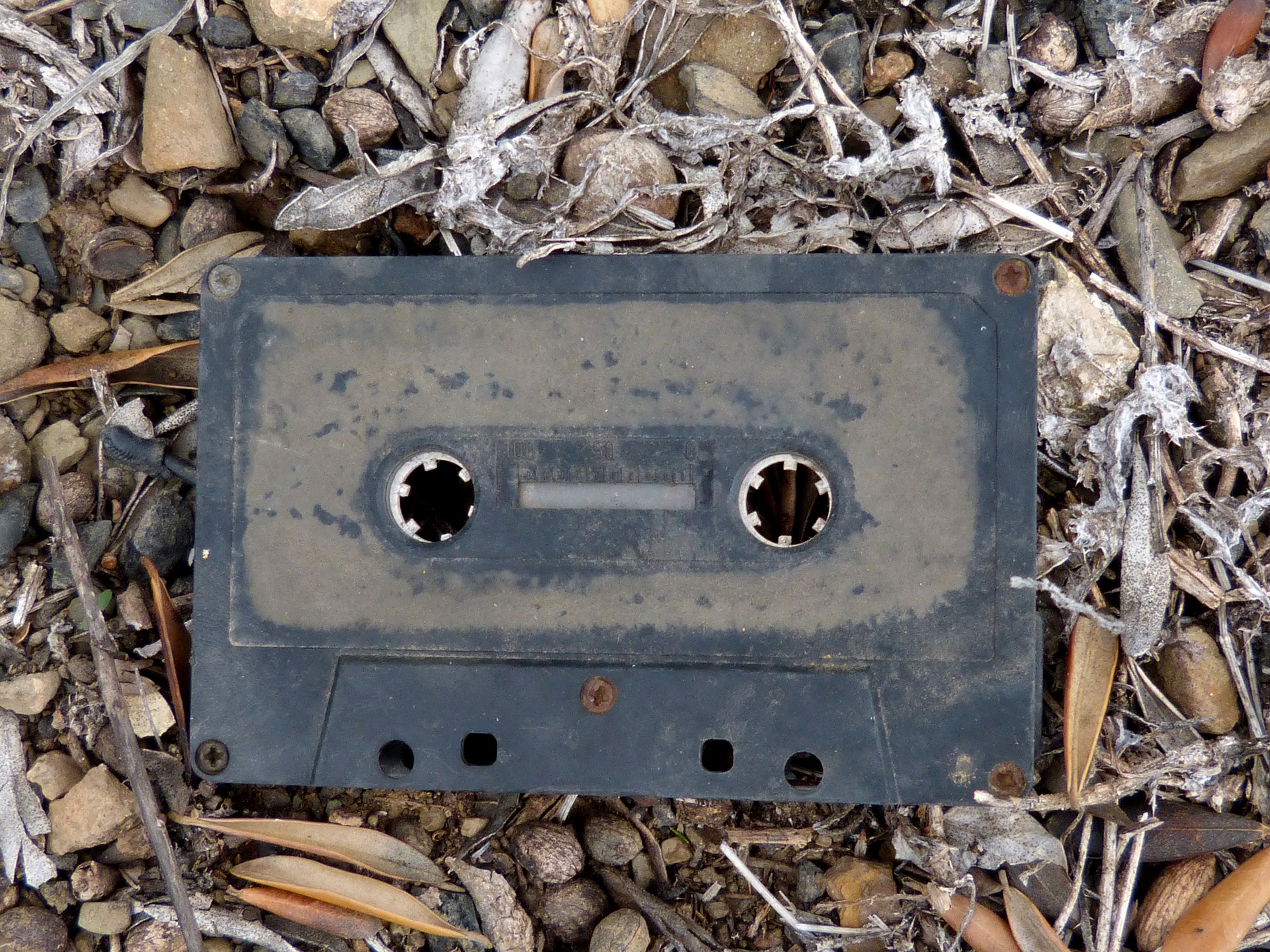Organizational Learning, the process of creating, retaining, and transferring knowledge within an organization, is a perennial management topic, but Organizational Unlearning is far more important. Intentionally forgetting old knowledge and old routines to make way for new learning, new ideas and new methods.
As Frank Lloyd Wright has been reported to say, “An architect’s most useful tools are an eraser at the drafting board and a wrecking bar at the site.”
When trying to solve new problems or capitalize on new opportunities, people and organizations often look inward and apply familiar mental models, tools and techniques that have worked in the past. When old strategies don’t work, these headstrong people often keep trying to make them work — maybe if they just use an old strategy with more gusto, things will pan out. But they don’t.
No industry lasts forever; no technology stays the same for long; no solution is universal. Contrary to the old cliché, insanity—in a constantly changing world— is doing the same things in the same way, and expecting the same results.
Static organizations seldom survive. Technological and societal changes eventually eat away at the core of any organization that refuses to make any changes that might disrupt their established business.
If you’re doing the same things five years from now as you do today will you feel as though you’ve advanced? If your answer is no, why are you doing today what you did five years ago? Or even one year ago?
You advance by discarding old routines, stale product lines, and ineffective relationships.
You may not want to abandon a product or service line that is currently profitable, and it takes immense effort to overcome the inertia of “That’s the way we’ve always done it.” But if you don’t abandon it on your timetable somebody else will kill it on their timetable.
“Even if you’re on the right track, you’ll get run over if you just sit there.” – Will Rogers
Practice Proactive Obsolescence by replacing your own successful products or services with fundamentally new solutions that provide a significant leap in customer value. In other words, it’s better to be the disrupter than the disrupted—even if you have to disrupt yourself before anyone else has a chance.
Committing to generating value for your customers and focusing on continuously adding value to your customers will always serve you well. Clinging to the products you currently produce or the services you currently provide will not.
Innovation is your only insurance against irrelevance, the only antidote to margin-crushing competition and the only guarantee of enduring customer loyalty. As James Morse wrote in Harvard Business Review, “The only sustainable competitive advantage comes from out-innovating the competition.” And innovation involves not only generating new ideas but letting go of obsolete ones as well.
Who’s focusing on what your organization should be letting go of? Who’s clearing out the old to make way for the new?
- Problem-solving produces an emotional benefit, not a financial one - March 18, 2022
- Innovation is about Solving Mysteries, not Puzzles - September 7, 2021
- Overcoming That’s the way we’ve always done it - August 3, 2021





